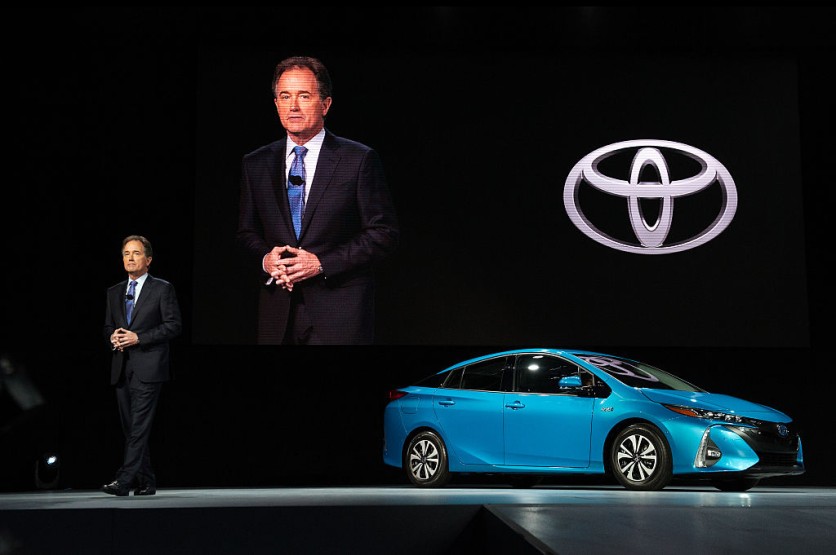Toyota will start collecting and recycling vehicle batteries in partnership with Redwood Materials, a company that is headed by Tesla co-founder JB Straubel.

What's the Plan?
The plan here is to take old, worn-out batteries and refurbish them or break them down. As a result, the materials that will be taken from this will then be used to create new batteries.
On the other hand, Redwood's plan is to use the materials from the old batteries to produce anode copper foil and active cathode materials. They are on a mission to build a circular supply chain for electric vehicles and clean energy products. Doing so will make them more sustainable, and also, this is a big step to driving down batteries.
Toyota is launching its first long-range battery-electric vehicle, but this will not be the focus of the partnership. Redwood and Toyota will focus on the first wave of electric vehicles that are over 20 years old and nearing the end of their life.
Redwood also said that it is hopeful that they will have operations near the new North American battery plant of Toy on the East Coast.
Although Redwood hasn't been tried and true for its methods of recycling batteries, things seem good for the company. It aims to produce 100 GWh worth of components by 2025 and five times that by 2030. Redwood also just launched a program early this year with Ford and Volvo to deal with end-of-life electric vehicles in February.
Recycling Can Make EVs More Affordable Soon
For Toyota, the program will help them avoid being a part of the burden that is added to the environment since they need to buy new batteries to power their EVs when the old ones run out of juice. In the end, it will result in making electric vehicles more affordable, and this is one of the main reasons why it will drive down the cost of batteries.
It may seem ambitious, but if you think about it, it's not as big of a leap as you might think.
The market for recycled battery materials is still in its infancy, but this is expected to be on the rise as EVs are increasing in numbers, and the existing supply of new batteries is not enough to fuel them. It can be a bit pricey and challenging to recover, but overall, it is possible to reuse all of the metals that are in the batteries.
At the end of the day, it is a revolutionary move to help companies get rid of the burden of handling used batteries. More importantly, it also helps the environment by keeping used batteries off landfills.
Related Article: Are Electric Vehicles Really 'Green' At All? Here's The Science
This article is owned by TechTimes
Written by April Fowell
ⓒ 2025 TECHTIMES.com All rights reserved. Do not reproduce without permission.




